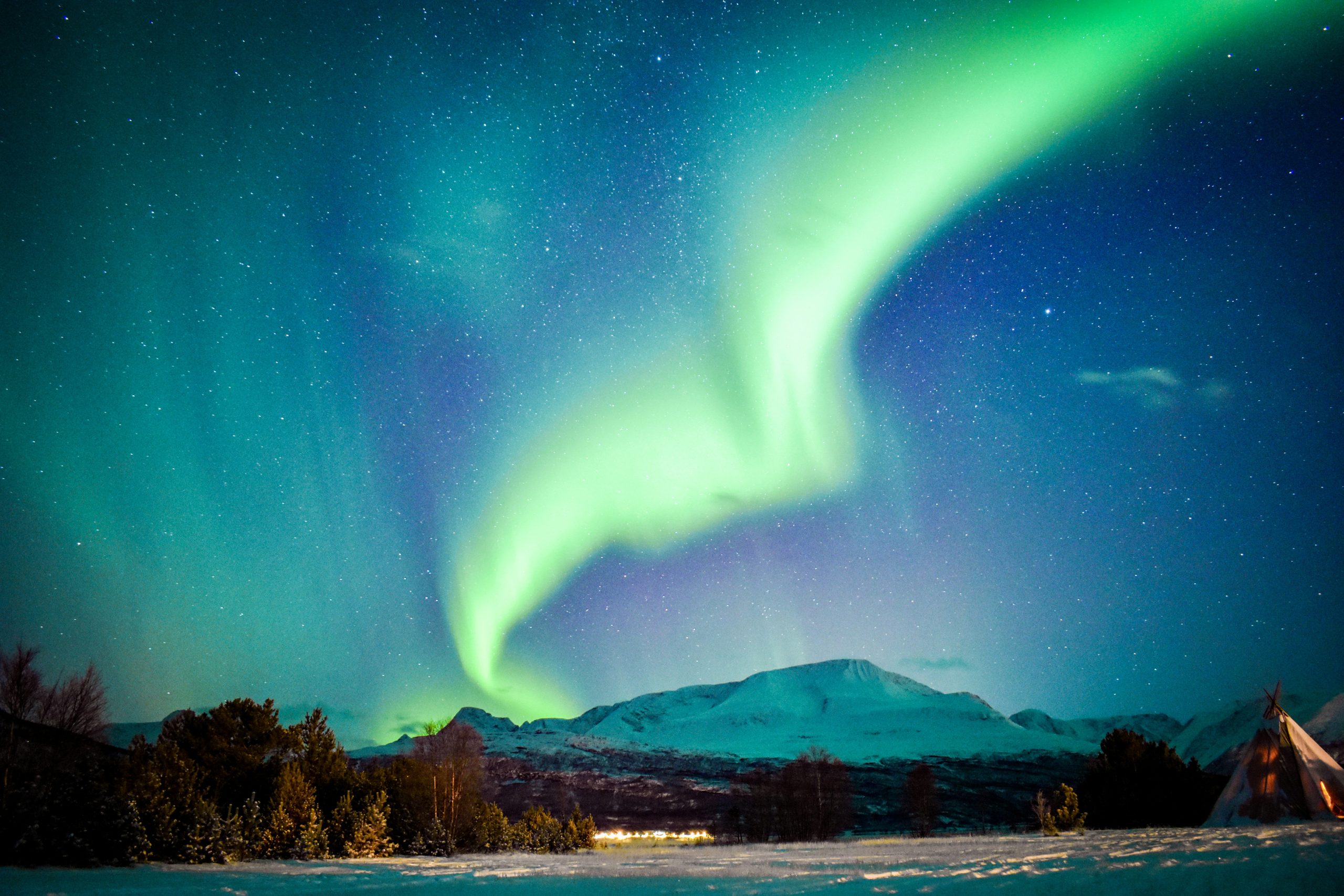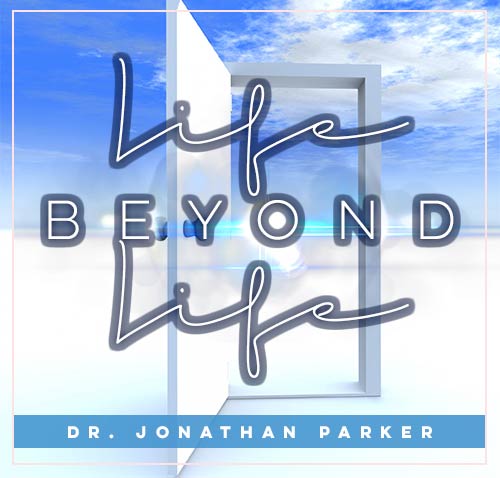What Happens After Death: Theories and Beliefs

Before diving in, please note: This post is for informational purposes only. If you’d like to know more about how we approach topics, feel free to check out our friendly Disclaimer Page.
Hey there, amazing readers! 🖐️ Just a quick note: yes, we know there are a lot of ads here. Trust us, we get it—it’s not the prettiest look, but they help us keep this blog alive and kicking. Those pesky little ads cover the costs of all the behind-the-scenes magic, from hosting and tech stuff to creating content we hope you’ll love.
We’re committed to delivering quality posts, and your support (even just sticking around despite the ads) means everything to us. So, bear with us, and thanks for helping us keep the good vibes rolling. Now, on to the fun stuff! 😉
TRANSLATE BUTTON AT THE END OF THE ARTICLE
Exploring the Afterlife: Introduction
The concept of what happens after death has intrigued humanity for centuries, leading to a myriad of theories and beliefs.
Whether it be through religious teachings, scientific perspectives, or personal experiences, the question of what lies beyond the veil of mortality continues to captivate our minds.
In this article, we will delve into the various theories surrounding the afterlife, exploring the notion of the soul, scientific views on death, religious beliefs, reincarnation, near-death experiences, cultural perspectives, the process of dying, consciousness theories, after-death communication, coping with grief, and reflections on mortality and immortality.
Join us on this journey as we unravel the mysteries of what may await us beyond this earthly realm.
The Concept of the Soul
One prevalent belief across many cultures and religions is the idea of the soul.
The soul is often considered the eternal, immaterial essence of a person that transcends physical death.
It is thought to be the seat of consciousness and individuality, carrying the essence of who we are beyond the confines of our physical bodies.
Whether the soul moves on to a higher plane of existence, reunites with a universal consciousness, or embarks on a journey of reincarnation, the concept of the soul underpins many beliefs about the afterlife.
Scientific Perspectives on Death
From a scientific standpoint, death is viewed as the irreversible cessation of biological functions that sustain a living organism.
While science can explain the physical processes that occur in the body at the time of death, such as organ failure and brain activity ceasing, the question of what happens to consciousness or the essence of a person post-mortem remains a mystery.
Some scientists delve into the realms of quantum physics and consciousness studies to explore the possibility of a non-material aspect of human existence that may persist beyond bodily death.
Religious Beliefs on Afterlife
Religious beliefs play a significant role in shaping our perceptions of what happens after death.
Various faith traditions offer distinct views on the afterlife, with concepts ranging from heaven and hell to reincarnation and spiritual realms.
For example, Christianity posits an afterlife where individuals are judged based on their actions in life, leading to either eternal salvation or damnation.
In contrast, Buddhism teaches the cycle of rebirth and karma, where one’s actions in past lives determine their future existence.
Reincarnation: A Common Theory
Reincarnation is a widely-held belief in many Eastern religions and New Age philosophies.
The idea that the soul can be reborn into a new body after death offers a sense of continuity and purpose beyond a single lifetime.
Proponents of reincarnation point to anecdotal evidence of past-life memories, as well as the concept of karma, as supporting this theory.
While scientific evidence for reincarnation remains elusive, many find solace in the idea that death is not the end but rather a transition to a new life.
Near-Death Experiences
Near-death experiences (NDEs) are reported by individuals who have come close to death and describe vivid sensations of leaving their bodies, encountering bright lights, and feeling a sense of peace and love.
While skeptics attribute NDEs to hallucinations or oxygen deprivation in the brain, those who have experienced them often feel a profound shift in their beliefs about the afterlife.
NDEs offer a unique glimpse into what may await us after death, fueling speculation about the nature of consciousness and the possibility of an afterlife.
Cultural Views on Death
Cultural attitudes towards death vary widely around the world, influencing how we approach mortality and the afterlife.
In some cultures, death is seen as a natural part of the life cycle, while in others, it is feared and avoided at all costs.
Rituals surrounding death, such as funeral practices and mourning customs, reflect cultural beliefs about what happens after we die.
Exploring different cultural perspectives on death can offer insights into the diversity of human experiences and beliefs surrounding mortality.
The Process of Dying
The process of dying is a complex and multifaceted experience that varies for each individual.
As the body shuts down, physiological changes occur, leading to the eventual cessation of life.
While medical advancements have shed light on the biological processes of death, the emotional and spiritual aspects of dying are equally important.
Many people report experiencing visions, visitations from loved ones, or a sense of peace as they approach death, suggesting that there may be more to the dying process than meets the eye.
Theories of Consciousness
The nature of consciousness and its relationship to the physical body has long been a subject of philosophical and scientific inquiry.
Theories of consciousness range from materialistic views that equate consciousness with brain function to dualistic perspectives that posit a separate, non-material aspect of the mind.
Exploring the connection between consciousness and the afterlife can shed light on whether our sense of self continues beyond death and what form it may take in the absence of a physical body.
After Death Communication
Many people report receiving messages or signs from loved ones who have passed away, known as after-death communication.
These experiences often bring comfort and reassurance to those grieving a loss, suggesting a continued connection between the living and the deceased.
While skeptics may attribute such occurrences to wishful thinking or psychological phenomena, those who have experienced after-death communication find solace in the belief that their loved ones are still present in some form, guiding and watching over them.
Coping with Grief and Loss
Dealing with the death of a loved one is an emotionally challenging experience that often raises questions about mortality and the afterlife.
Finding ways to cope with grief and loss, whether through therapy, support groups, or spiritual practices, can help individuals navigate the complexities of mourning.
Recognizing that everyone grieves differently and allowing oneself to process emotions in their own time is crucial to healing and finding peace in the face of death.
Reflections on Mortality and Immortality
Contemplating our own mortality can be a powerful catalyst for introspection and personal growth.
The awareness of our finite existence prompts us to ponder the legacy we leave behind, the values we hold dear, and the impact we have on others.
Exploring beliefs about immortality, whether through religious teachings or personal experiences, can provide a sense of comfort and purpose in the face of death.
Embracing the uncertainties of what happens after we die can lead to a deeper appreciation for the present moment and a greater sense of connection to something greater than ourselves.
Conclusion
In conclusion, the question of what happens after death remains one of the most profound and enduring mysteries of human existence.
From beliefs in the soul and reincarnation to near-death experiences and after-death communication, the afterlife is a topic that continues to captivate our minds and hearts.
By exploring the various theories and beliefs surrounding death, we gain insight into the diversity of human experiences and perspectives on mortality.
Ultimately, whether we find comfort in religious teachings, scientific inquiry, or personal reflections, the concept of the afterlife serves as a source of solace, hope, and understanding in the face of the great unknown.

The Enlightenment Journey is a remarkable collection of writings authored by a distinguished group of experts in the fields of spirituality, new age, and esoteric knowledge.
This anthology features a diverse assembly of well-experienced authors who bring their profound insights and credible perspectives to the forefront.
Each contributor possesses a wealth of knowledge and wisdom, making them authorities in their respective domains.
Together, they offer readers a transformative journey into the realms of spiritual growth, self-discovery, and esoteric enlightenment.
The Enlightenment Journey is a testament to the collective expertise of these luminaries, providing readers with a rich tapestry of ideas and information to illuminate their spiritual path.
Our Diverse Expertise 🌟
While our primary focus is on spirituality and esotericism, we are equally passionate about exploring a wide range of other topics and niches 🌍📚. Our experienced team is dedicated to delivering high-quality, informative content across various subjects ✨.
To ensure we provide the most accurate and valuable insights, we collaborate with trusted experts in their respective domains 🧑🏫👩🏫. This allows us to offer well-rounded perspectives and knowledge to our readers.
Our blog originally focused on spirituality and metaphysics, but we’ve since expanded to cover a wide range of niches. Don’t worry—we continue to publish a lot of articles on spirituality! Frequently visit our blog to explore our diverse content and stay tuned for more insightful reads.






